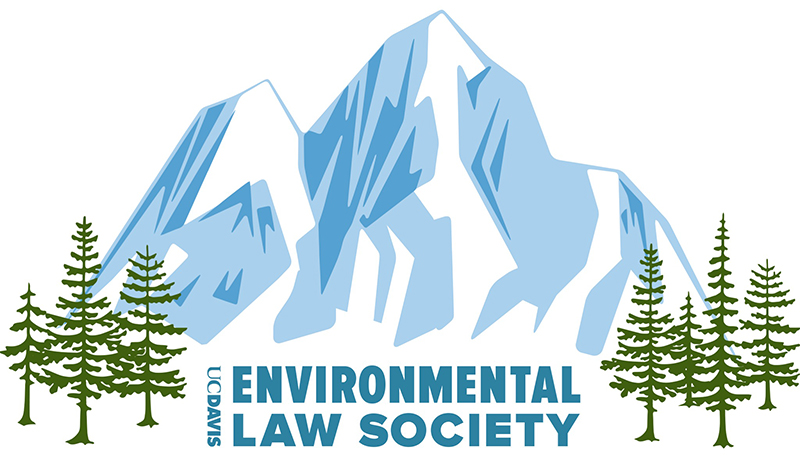2007 ELS Symposium Sponsors
 UC Davis School of Law
UC Davis School of Law
The mission of the School of Law of the University of California, Davis, is to be a nationally and internationally recognized leader in the development and dissemination of legal knowledge, as well as the training of students to become socially responsible lawyers committed to professional excellence and high ethical standards, and to provide significant public service through law reform and professional activities. Through its faculty, students, and graduates, the School of Law seeks to make substantial contributions toward solving the complex legal problems confronting our society.
The State Bar of California, Enviornmental Law Section
Created by the state legislature in 1927, the State Bar is a public corporation within the judicial branch of government, serving as an arm of the California Supreme Court. All State Bar members are officers of the court.
Membership in the State Bar of California affords attorneys the right and privilege of practicing law in this state. The bar's integrated network of functions and services — many of them mandated by law — protects the public and assists attorneys in meeting their professional obligations.
The Environmental Law Section furthers the knowledge of members in the fields of law affecting the environment and environmental regulatory law. Substantive areas and topics: Air, litigation, energy, waste management, natural resources, water, land use, toxics and CEQA (California Environmental Quality Act).
Net Impact at the UC Davis Graduate School of Management
The mission of Net Impact is to foster a new generation of leaders who use the power of business to create a better world. Net Impact offers a portfolio of programs to help members broaden their business education, refine their leadership skills, pursue their professional goals and build their network.
The Institute of Transportation studies at UC Davis
The Institute of Transportation Studies at UC Davis was founded in 1991 as an Organized Research Unit under the aegis of the UC Davis Office of Research, and as a branch of the ITS Multicampus Research Unit (MRU) reporting to the UC Office of the President. (The other ITS branches are at UC Berkeley and UC Irvine.) Since then, ITS-Davis has evolved into a multifaceted program with more than 60 affiliated faculty members and 80 graduate students. Its primary program components are research, education, and outreach.
Institute researchers are known for their expertise in travel behavior and transport systems modeling, environmental vehicle technologies, and climate change, air quality, and other environmental impacts of transportation.
With the strength of such a diverse research program as its foundation, the Institute's academic curriculum prepares students with the technical and critical thinking skills they need to contribute productively to transportation decision making. The Institute’s outreach program, in concert with its research and education activities, offers real-world input to the university and in turn provides policymakers and the public with new research and information on emerging transportation technologies and trends.
The Institute partners with academic and research centers on and off campus, and with industry, government, and nongovernmental organizations around the world.
These partnerships ensure that ITS-Davis retains a broad-based, holistic, and independent perspective on sometimes contentious transportation policy and quality of life decisions. These partnerships, together with funding from private industry, government, foundations, individuals, and a variety of distinguished academic and research institutions, have helped ITS-Davis develop its increasingly prestigious and accomplished program.
The John Muir Institute for the Environment at UC Davis
The Institute supports innovation and discovery aimed at solving real-world environmental problems. The institute's faculty are committed to strengthening the scientific foundation for environmental decision making through collective entrepreneurship, a team-oriented approach that recognizes the complexities of environmental problems and the societal context in which they occur.
Under the direction of civil and environmental engineer Professor Deb Niemeier, the John Muir Institute of the Environment champions science and technological innovation, provides campus-wide leadership, hosts centers and projects, and seeds research and educational initiatives to solve real-world environmental problems. The institute links science and technology to policy by providing the intellectual setting for interactions between researchers, regulatory agencies, policy-makers and the public.
